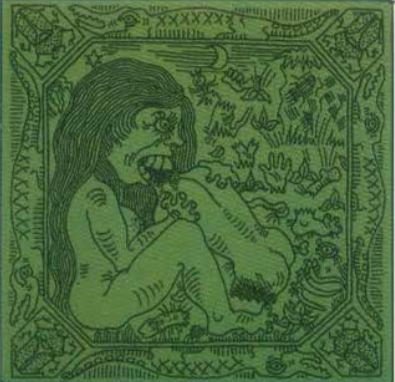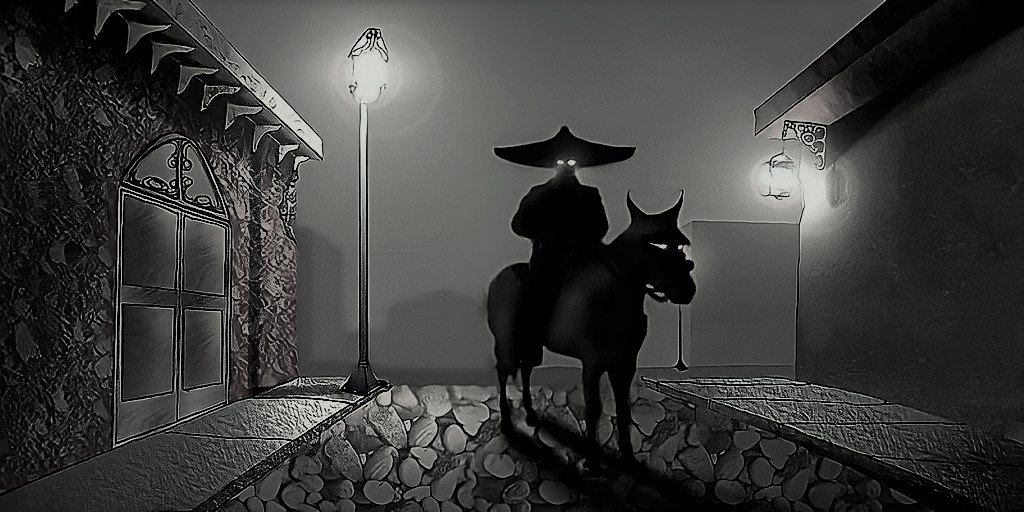Why are Tomatoes Legally Vegetables in the United States?
Webster’s dictionary says a fruit is “the usually edible reproductive body of a seed plant” and botanically a fruit is “a mature, ripened ovary, along with the contents of the ovary”.
This tells us, scientifically, tomatoes are fruits and also leaves us with the question; are babies fruits?
But back to tomatoes, despite being fruits, the United States Supreme court ruled in 1893 that they are vegetables, which seems like a pretty weird and random thing. So why would the Supreme Court ignore science, especially on such trivial matters?
If you guessed “because money!” then… yea, you’re unfortunately kind of right.
For this much I’ll call a tomato whatever you want.
But it wasn’t like the court actively pursued changing the classification or had a vendetta against tomatoes, it actually happened as a by-product of the “Tariff of 1883”.
See, in the early to mid-19th century, the United States was trying to build itself into a self-sustaining country after having cut ties with its previous landlord, Great Britain. In order to do this, the U.S. had to set up a structure for tariffs on international trade that wouldn’t diminish domestic trade.
For example, if manufacturers in the U.S. were making and selling items and then Great Britain waltzed in with their versions of the same products at cheaper prices, consumers will most likely go for the cheaper item.
To combat this, congress passed what was called “protective tariffs” on imported products, thereby raising the price of Great Britain-made goods and encouraging consumers to buy U.S-made products. Makes sense, but here’s where it gets complicated because the U.S. isn’t the only country doing some version of this. Great Britain may raise taxes on U.S. imported goods or stop importing products to offset the higher prices which could cause other cascading effects.
And if anyone knows about the negative effects that tariffs can have on a country it’s the United States and Great Britain.
“OHHH the revolutionary war.”
Around the 1880’s farmers in the U.S. felt the protective tariffs were too high and causing their exports of corn, wheat, and cotton to sell at higher prices in other countries, therefore, losing sales. Domestically they felt they could undersell any competition from foreign countries and the tariffs were doing more harm than good.
In 1882 President Chester Arthur gave the job of figuring out where to cut tariffs on imports and remove protective tariffs to congress. Back then republicans and democrats were able to come to quick agreements on the most complicated matters without squabbling.
Just kidding… Congress going to Congress.
“I don’t care what we’re arguing about but you’re not getting it!”
The result was a controversial piece of legislation that did little to reduce taxes, raised taxes on some items, imposed multiple taxes on items based on location, and generally made no sense but that’s not what we’re focusing on today.
What you do need to know is one of the changes imposed tariffs on imported vegetables but not fruits. This caused confusion when the Collector of Customs of the Port of New York (official title) charged the John Nix & Co. Produce company tariffs on their tomatoes.
John Nix was pretty certain he read his science books that told him tomatoes were fruits therefore there should be no taxes. So he did the only logical thing if you’re in the United States, he sued.
The case (Nix v. Hedden) went all the way to the supreme court which, in 1893, unanimously decided that tomatoes were vegetables because colloquially many people referred to tomatoes as vegetables since they’re not eaten like fruits. During the trial it was also pointed out there was never a need for a distinction between fruits and vegetables in trade until some wacky law came into effect in 1883, so there really was no precedent.
The decision in 1893 closed the book on the tomato debate legally but feel free to correct someone who calls them a vegetable outside of a courtroom. You can even pull this page up to show them as they roll their eyes.
Related Article: 4 Vegetables/Fruits People Actually Feared
Quick Facts
The Tariff of 1883 is also known as the Mongrel Tariff Act and on average only reduced tariffs by about 1.5% across the board.
The Supreme Court case was cited by the New Jersey legislature in order to name the tomato as the official state vegetable of New Jersey in 2005















